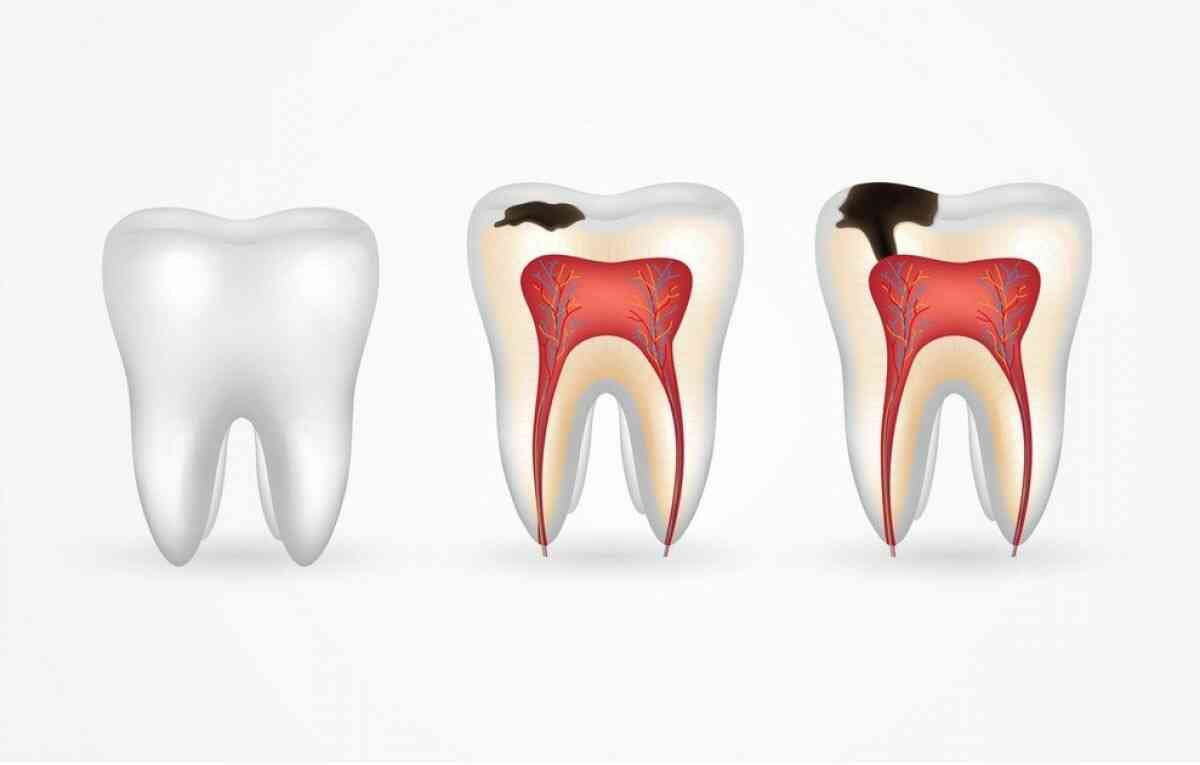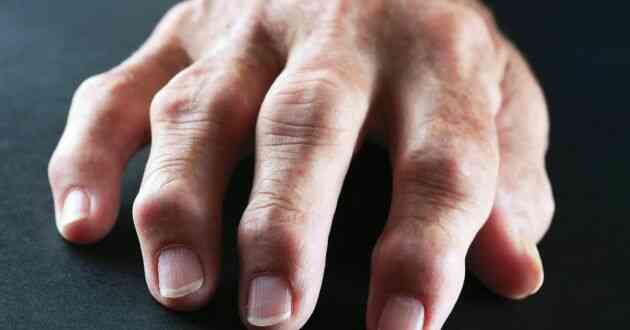6 Facts About Tooth Decay You Should Be Aware Of
- - Category: Dental Care
- - 22 Dec, 2021
- - Views: 1.6k
- Save

Tooth decay, also known as cavities and caries, is a hole in the tooth.
Tooth decay, also known as cavities and caries, is a hole in the tooth. It develops when the acids produced by bacteria soften and wear out your tooth enamel and lead to the development of a cavity. Tooth decay is deemed one of the most common health issues that affect both children and adults all over the world. In this article, we have gathered six facts about tooth decay you should be aware of.
1. Poor oral hygiene contributes to tooth decay
People who don’t maintain proper oral hygiene have an increased risk of cavities. As mentioned above, tooth decay occurs because of acids that are produced by bacteria. The point is that these bacteria live, consume food particles, and multiply in your mouth if you don’t remove them in time. Tooth brushing twice a day and flossing once a day can help significantly reduce the number of bacteria in your mouth.
2. You may not know that you have cavities
Many people think that cavities are always painful and you may know for sure if you have it. But the reality is that cavities can develop asymptomatically for a long time or manifest themselves only through dark stains and mild teeth sensitivity. This is because tooth enamel and dentin don’t have nerve endings and blood vessels like the pulp. So you may not experience any symptoms until your cavity reaches the inner sensitive layers of the tooth.
3. Fluoride treatment can help prevent cavities
Fluoride is a naturally occurring mineral that is used in dentistry to prevent the development of cavities and even reverse the initial stages of tooth decay. It can be found in toothpaste and mouthwashes. Additionally, tap water and some kinds of bottled water also contain fluoride. Additionally, you can ask your dentist about fluoride treatment. During the procedure, a dentist applies high concentration fluoride to your teeth.
4. Tooth decay can affect the whole tooth
There is a common misconception that tooth decay can be left untreated. In addition to the fact that untreated tooth decay can cause severe toothache, bad breath, and increased tooth sensitivity, it can also damage the whole tooth. As a result, you may need to extract it and replace the missing tooth with the help of a dental implant, denture, or bridge. That’s why it is essential to visit a dentist regularly and schedule an appointment if you have any signs of tooth decay.
5. People who have a sweet tooth are more prone to cavities
Even though sugar doesn’t eat away your tooth enamel, it can significantly increase your risk of tooth decay. The point is that sugar feeds on the bacteria in your mouth which results in their overgrowth. You should understand that the more bacteria live in your mouth, the more acids to wear out your tooth enamel they produce. Therefore, it is better to limit the consumption of sweets and rinse your mouth after meals.
6. Home remedies can’t treat tooth decay
Many people tend to take pain medications or home remedies to ease a toothache when they have tooth decay. Indeed, these options and help eliminate your symptoms but they don’t treat tooth decay since it is essential to remove the damaged tissues and seal a hole. So in the case of a cavity, you need to schedule an appointment with a dentist.
The bottom line
It is essential to understand that you are the only person who can prevent the development of tooth decay and minimize its complications. To have healthy teeth, you should pay attention to the foods and drinks you consume daily, maintain proper oral hygiene, and undergo dental check-ups twice a year.



